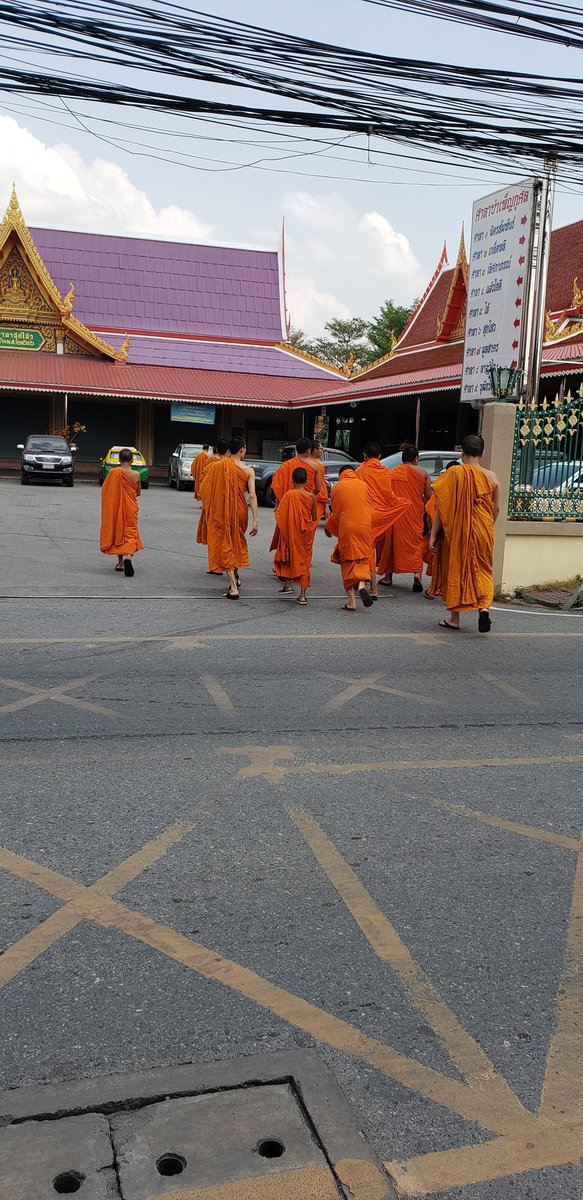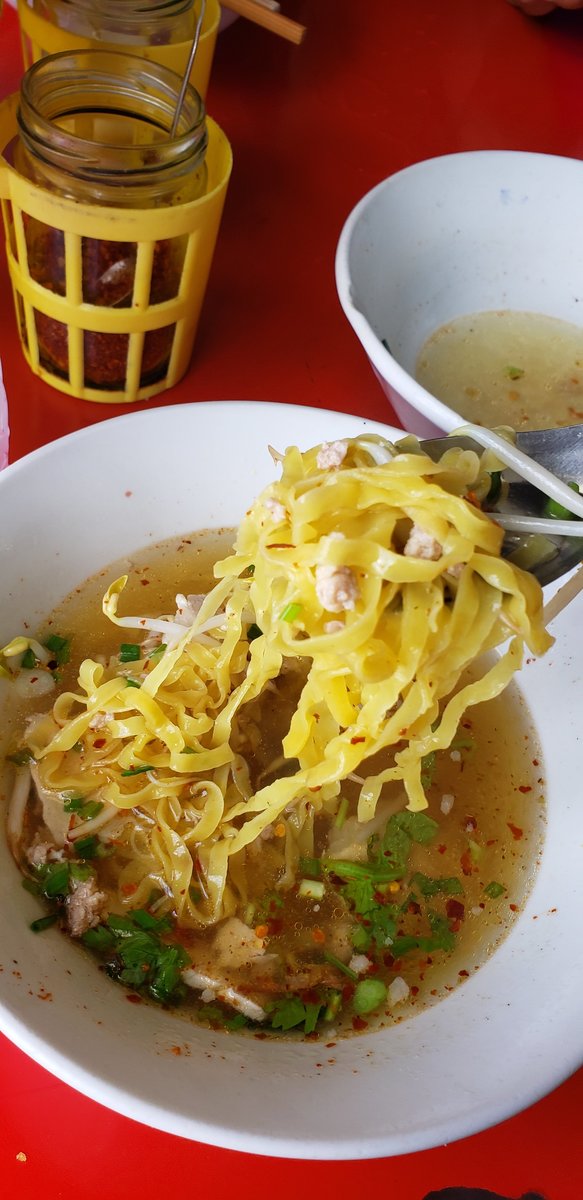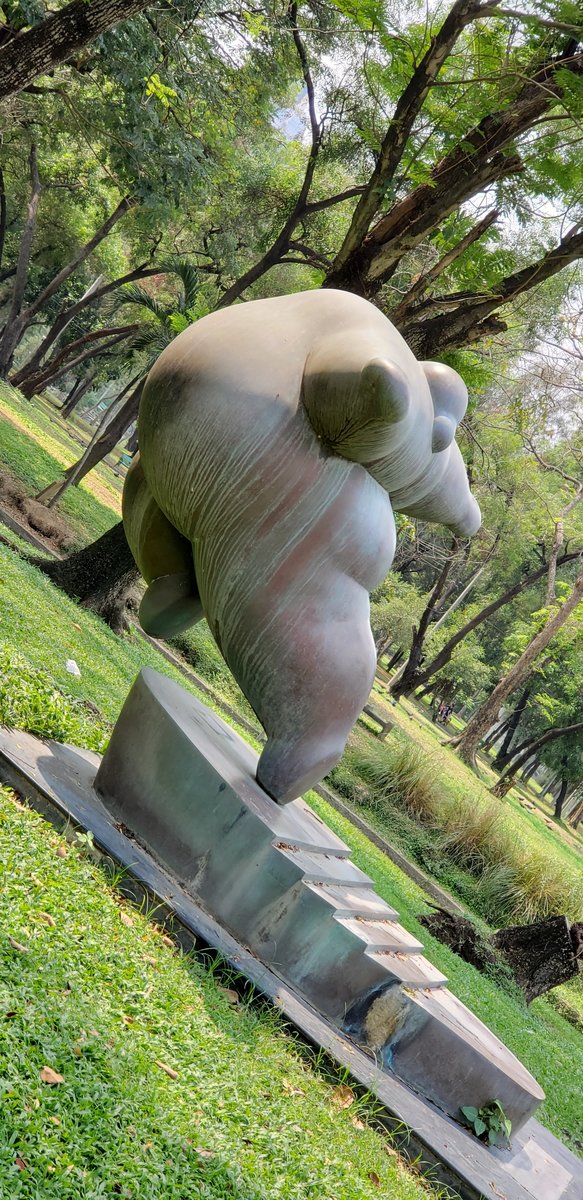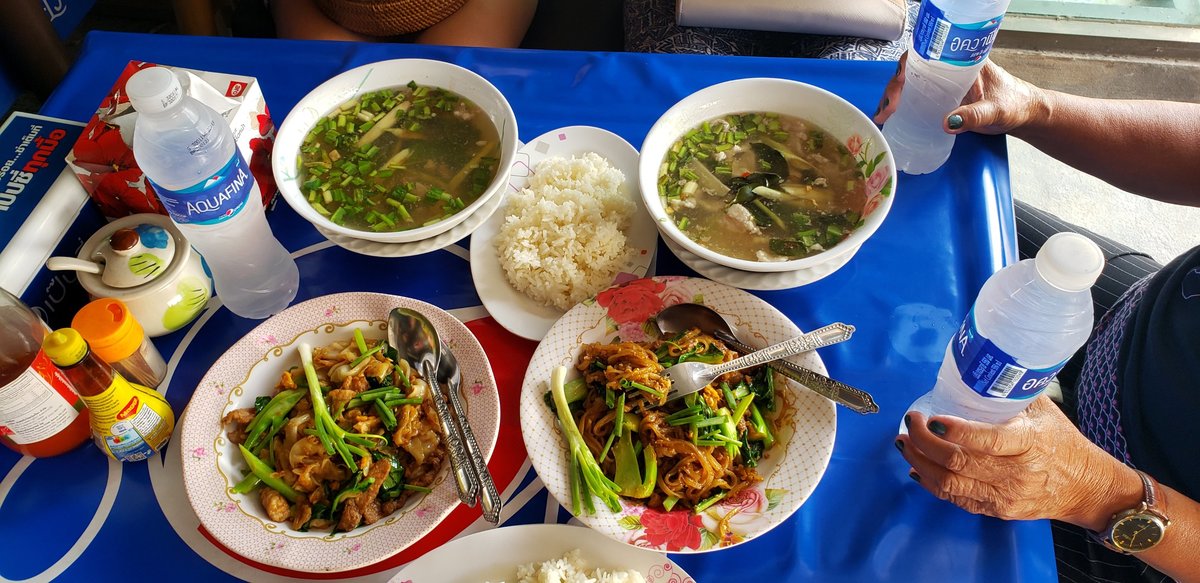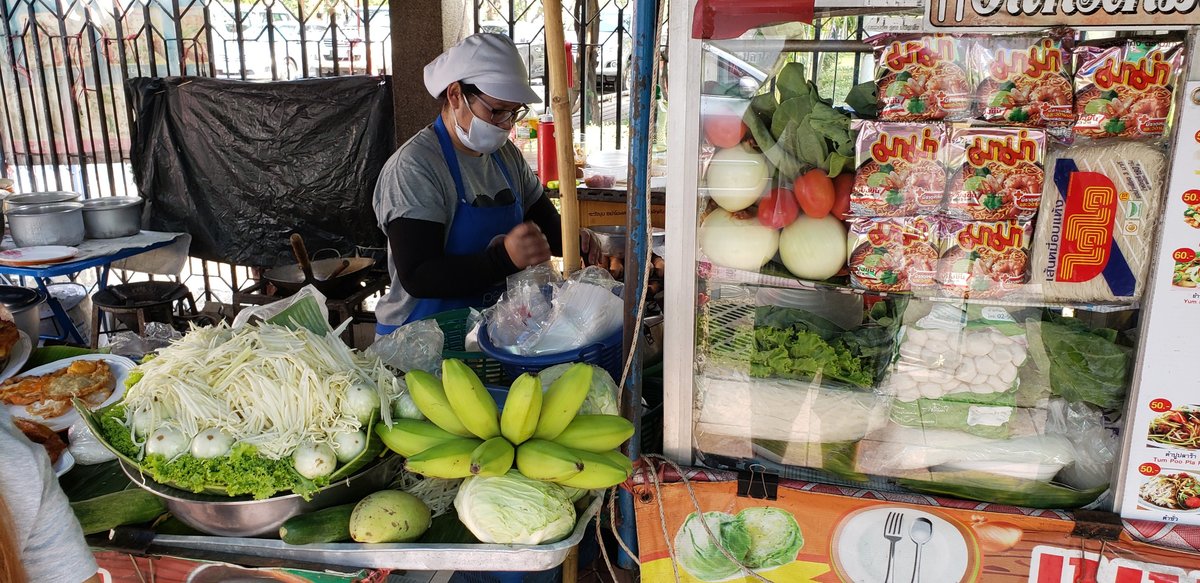Just doing a little blog maintenance (alas, not much actual blogging…) when I happened to notice that I uploaded a few photos much earlier this year, but never pressed the publish button. Better late than never?
Bitcoin and Freedom
It’s 7-Jan-2017. I’m showering. Bitcoin has been as volatile as a bouncy ball. And as I lather up my hair with whatever shampoo was closest, I can’t stop thinking about freedom. This is nothing new. The topic perpetually disturbs me. It wiggles its way into my mind alongside any number of other thoughts – and it proceeds to hijack all of my mental attention. The steamy water falls over my face, and I’m no longer thinking of my bitcoin roller-coaster ride. I’m thinking about the fight between freedom and centralized institutions…. not for the sake of my investments, but because I enjoy philosophy and because the nagging idea that is freedom demands that I do so.
What are we trending to, I wonder… Department stores are closing their doors, cars are driving themselves, AI is playing poker and GO, and entire homes are automated. Awesome. But, then, as if I am watching some futuristic coin flipping head over tails in mid air… I catch the glimpse of its others side. No truck drivers, no retail jobs, no taxi drivers, no drivers licenses, shorter lines at the DMV, less state tax revenue… You see that? It doesn’t all look bad. Unless you’re the truck driver.
I happen to live in a country that threw around the word freedom and the idea that it was worth dying for like it was just common sense. I guess I took it to heart. It wasn’t until later that I realized freedom was something for sale and that everyone around me simply wasn’t free.
I realize that freedom comes in degrees. We aren’t completely deficient in it here in America, but the idea of self driving cars probably freaks out a few million workers. It’s because freedom as we know it only comes as a byproduct of labor. Ostensibly, labor emerges from things that need to be done. The day is fast approaching when there is a lot less that needs to be done – because it is already taken care of by AI. In the current system, if you’re out of work, you’re out of freedom.
I have never really had a nine to five job… with a boss and a work schedule and a commute and all of the things that so frequently accompany most jobs. I consider myself quite fortunate because of that. I have listened to countless middle-class Americans bemoan their jobs. And yet, as the dawn of increased automation approaches, they are not giddy. They are scared. They are absolutely terrified. They like the little bit of freedom that their work affords them. And it really is a very little bit.
A few thousand years ago, if you could catch enough fish to feed your tribe for a week – you could do whatever you wanted for a week. You didn’t have a cellphone. But you could play games, go swimming, take naps, build a new hut, wander around the woods.
Today, you have a cellphone. And if you catch enough fish to feed your family for a week, then your mortgage is still due and so is your cellphone bill. If you want to build a hut, you need a permit. If you want to wander in the woods, you might need a Park pass, and lets not forget you had to buy the fishing license to begin with. You are not born into a system of freedom. You are born into a system of potential freedom. Freedom that comes at an exceptionally high cost… and not the cost of those that came before you – the cost is a continual and endless demand that you labor to pay for your freedoms… Freedoms chosen to be available to you by the oligarchy you may have mistaken for your democratic government. If you wanted to leave that system, you need a passport – and your first one is not provided to you complementary. You will labor for the system, even if you wish to wander in search of something better.
Workers know this. It’s why they work. And it’s why they are so terrified by what’s coming. We live in a capitalistic system that demands work for freedom – and very shortly the capitalists won’t have very much work left to be done. AI and Tech will do the work. So, how do we hold on to freedom? Indeed, how can we advance freedom – as has always been espoused we should be able to do in the face of better and better technology?
Is there any doubt that we must first alter the way resources and freedoms are distributed among the citizens of the world before we can benefit from the technologies that will shortly replace the labors of so many? Is there any doubt that we need to agree on a unit of account outside of the control of the existing power structures if we hope to upend the existing capitalistic concentrations of power that are already the brokers of freedom around the world? How can I buy any freedoms at all if the government takes away my money and the capitalist takes away my work? How ever can we come together in the face of so much change to answer these questions? What technologies can the people use to ensure their own freedoms in the face of so many technologies the existing power structures will already control?
I don’t know. But I do know that we will shortly have no other work to do than to ponder that very question.
If we let them control the future of the internet, we lose. If we let them control the future of bitcoin, we lose. If, and only if, the people can fight and win these technologies, do I think the people can then win the ensuing fights for freedoms.
I hope the people win.
Reflections on Endings
You’ve probably heard the trite expression that every ending marks a new beginning. In fact, it is not true. Sometimes endings simply mark a reversion to an older way of life. A lifestyle with nothing new… in fact one quite likely more familiar than whatever was ended.
This kind of an ending brings with it no excitement or novel expectations for the future. It simply restores previous expectations and shutters the recently exciting possibilities. In doing so, it carries with it a kind of comfort. A comfort that comes with a return to the familiar and more rehearsed courses of action that will now extend in to the future.
The actual shuttering itself can be momentarily disorienting… even sad… but the immediate recognition of the older way of life (often mislabeled new again) as something to which you have already had much opportunity to become accustomed dulls the emotional impact of the ending.
There is a danger here, that whenever the future is so uncertain and the past is so well known, that we will be content constantly renewing our subscription to the familiar. This strategy, as comfortable as it may continually appear, no doubt inhibits personal growth and self-education.
I have been told, rather recently to be honest, that I am likely too opinionated to make others feel comfortable. As someone that prides myself on constantly exploring and learning new and useful things, I have a hard time settling the accusation. I feel rather open to evaluating new things, and if my judgement of what is best tends to return to the same things repeatedly – I am quick to think of it as a result of intense and earnest reflection on all possibilities so far encountered.
The question I will pose to myself, and also to you, should you find yourself in some situation involving endings and ideals, is this: did the ending come because of some desire on your part to return to some familiar existence, or did it come because you were leading someone out of their own? It seems that more often than not, endings can be explained by that question alone.
The other kinds of endings – the ones that question can not help to explain – are the only ones that truly mark new beginnings.

